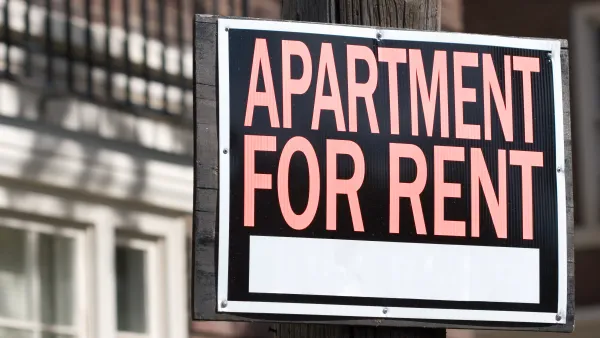A 2014 complaint about segregated housing lodged with the Department of Housing and Urban Development could revive integrationist housing policies to improve opportunities for all residents.

“Although Minneapolis remained over 90 percent white until the 1980s, civil rights activists scored serious victories in the mid-20th century. But as the city, and region, grew more diverse, desegregationist policies were increasingly stymied,” writes Jake Blumgart in Governing. Today, “The majority of the region’s subsidized housing is built in lower-income areas, while over a quarter of Black students go to deeply segregated schools — up from almost none 30 years ago.”
These conditions aren’t unique to Minneapolis. “Last year, a study out of the University of California, Berkeley, found that 81 percent of American metropolitan areas with populations over 200,000 were more segregated in 2019 than they had been in 1990.” Meanwhile, research shows that residents of resource-rich neighborhoods have better economic and health outcomes, making where you live a key determinant of social well-being.
Now, local activists are bringing attention to a 2014 complaint lodged with the Department of Housing and Urban Development (HUD) that could “reinvigorate more integrationist policies” if HUD threatens to withhold funds. “But, given how long the 2014 case has been left on the back burner, there are legitimate questions of whether this form of pressure will bring relief in a meaningful time frame,” warns Blumgart. Additionally, “The complaint about the Metropolitan Council wouldn’t address housing in Minneapolis and St. Paul (those cities already settled a separate complaint brought by [Michael Allen, a national civil rights lawyer]).”
However, “Prominent leaders in the region, like Minneapolis’ Jacob Frey, also express broad support of the goals of building more subsidized housing in more privileged neighborhoods and municipalities.”
FULL STORY: Can the Feds Force the Twin Cities to Tackle Segregated Housing?

National Parks Layoffs Will Cause Communities to Lose Billions
Thousands of essential park workers were laid off this week, just before the busy spring break season.

Retro-silient?: America’s First “Eco-burb,” The Woodlands Turns 50
A master-planned community north of Houston offers lessons on green infrastructure and resilient design, but falls short of its founder’s lofty affordability and walkability goals.

Delivering for America Plan Will Downgrade Mail Service in at Least 49.5 Percent of Zip Codes
Republican and Democrat lawmakers criticize the plan for its disproportionate negative impact on rural communities.

Test News Post 1
This is a summary

Test News Headline 46
Test for the image on the front page.

Balancing Bombs and Butterflies: How the National Guard Protects a Rare Species
The National Guard at Fort Indiantown Gap uses GIS technology and land management strategies to balance military training with conservation efforts, ensuring the survival of the rare eastern regal fritillary butterfly.
Urban Design for Planners 1: Software Tools
This six-course series explores essential urban design concepts using open source software and equips planners with the tools they need to participate fully in the urban design process.
Planning for Universal Design
Learn the tools for implementing Universal Design in planning regulations.
EMC Planning Group, Inc.
Planetizen
Planetizen
Mpact (formerly Rail~Volution)
Great Falls Development Authority, Inc.
HUDs Office of Policy Development and Research
NYU Wagner Graduate School of Public Service





























